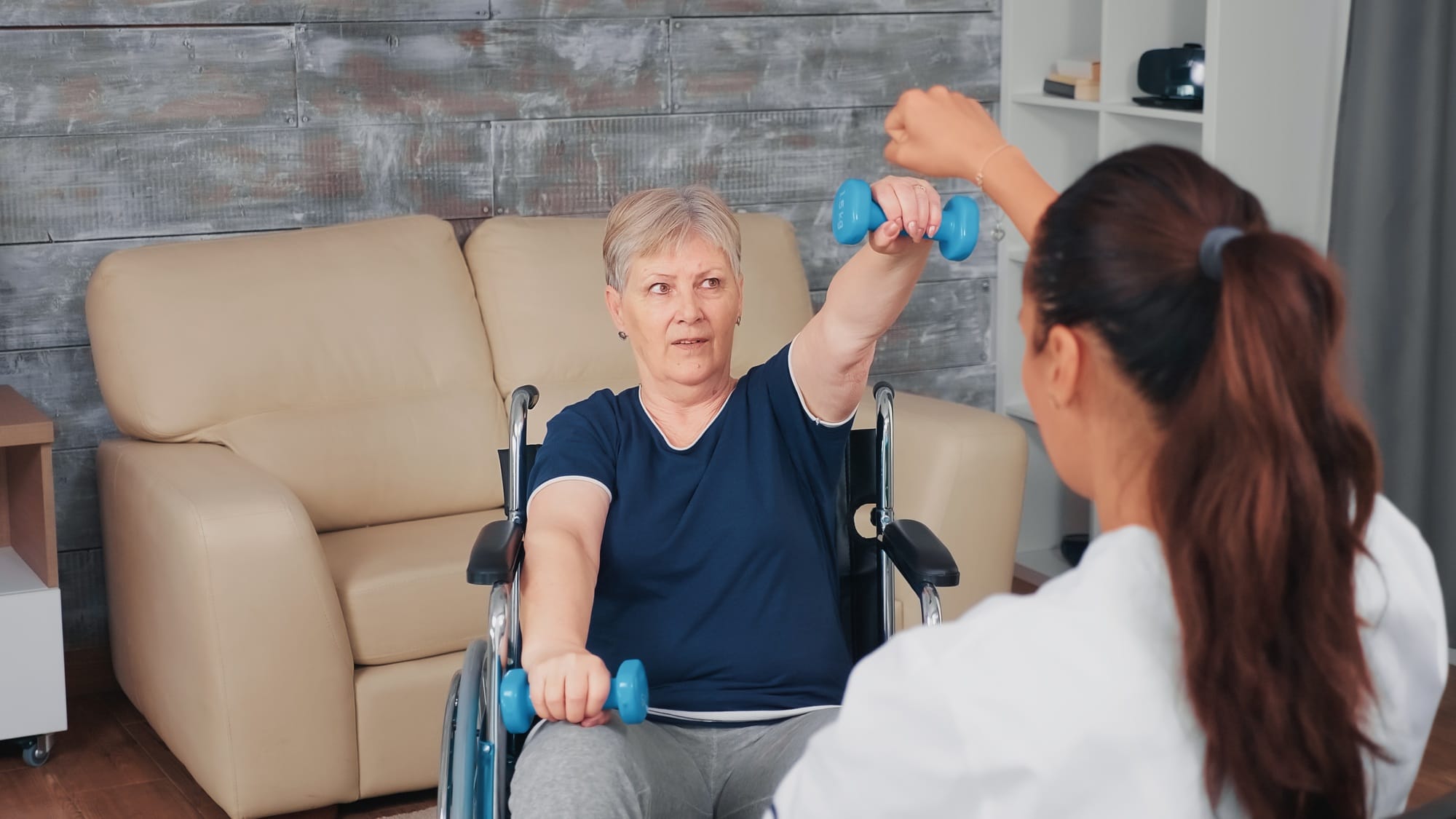Legal Rights After a Personal Injury: What Every Patient Should Know
Experiencing a personal injury is overwhelming, and navigating the legal process that follows can be just as challenging. Understanding your legal rights after a personal injury is crucial to protecting yourself and ensuring you receive fair compensation for your recovery journey.
This guide breaks down your rights, the typical claims process, and essential steps you can take after an injury to safeguard your future.
Understanding Your Legal Rights After a Personal Injury
If you’ve suffered an injury due to someone else’s negligence, you have the legal right to pursue compensation. This compensation can help cover medical bills, lost wages, pain and suffering, and other related expenses.
According to the U.S. Department of Justice, common personal injury claims include:
- Motor vehicle accidents
- Workplace injuries
- Slip and fall incidents
- Medical malpractice
- Product liability cases
Understanding the type of claim you’re dealing with is the first step in exercising your legal rights.
Steps to Protect Your Legal Rights After an Injury
1. Seek Medical Attention Immediately
Your health comes first. Prompt medical care not only aids recovery but also creates an official record of your injuries, which is essential for your claim.
2. Document Everything
Keep detailed records, including:
- Medical reports and bills
- Photos of injuries and accident scenes
- Witness statements
- Correspondence with insurance companies
Proper documentation strengthens your case and supports your compensation claim.
3. Understand Your Claim Timeline
Every state has a statute of limitations for personal injury claims. Missing this deadline could prevent you from pursuing compensation. Check local regulations or consult an attorney early.
4. Consult a Personal Injury Attorney
A qualified attorney can explain your rights, help you navigate the claims process, and advocate for fair compensation. Learn more at the American Bar Association’s personal injury guide.
What Compensation Can You Recover?
Depending on your case, you may be entitled to various forms of compensation, including:
- Medical expenses: Past, present, and future treatment costs.
- Lost wages: Income lost during recovery.
- Pain and suffering: Physical pain and emotional distress.
- Rehabilitation costs: Physical therapy and assistive devices.
- Property damage: If applicable, such as vehicle repairs.
Understanding these categories will help you and your attorney build a comprehensive claim.
How Legal Rights Support Your Recovery Journey
Knowing your legal rights after a personal injury empowers you to make informed decisions about your recovery and financial future. Alongside physical healing, pursuing compensation can relieve the burden of medical bills and lost income.
For tips on managing recovery and getting back to work safely, explore our article on Returning to Work After Injury.
Common Mistakes to Avoid After an Injury
- Delaying medical care: Seek treatment right away to avoid gaps in documentation.
- Accepting early settlement offers: Initial offers may not cover all future expenses.
- Posting on social media: Avoid sharing details about your injury that could be used against you.
- Skipping follow-up appointments: Stay committed to your recovery plan and therapy sessions.
For additional recovery tips, check out our guide on Preventing Re-Injury.
Helpful Resources for Injury Victims
Conclusion: Know and Use Your Rights
After an injury, it’s natural to feel overwhelmed. But understanding your legal rights after a personal injury gives you the power to take control of your situation.
From seeking medical care to consulting a trusted attorney, each step you take brings you closer to fair compensation and a smoother recovery. Stay informed, document everything, and don’t hesitate to ask for professional guidance.
Explore our other resources for more recovery support and stay empowered every step of your healing journey!





